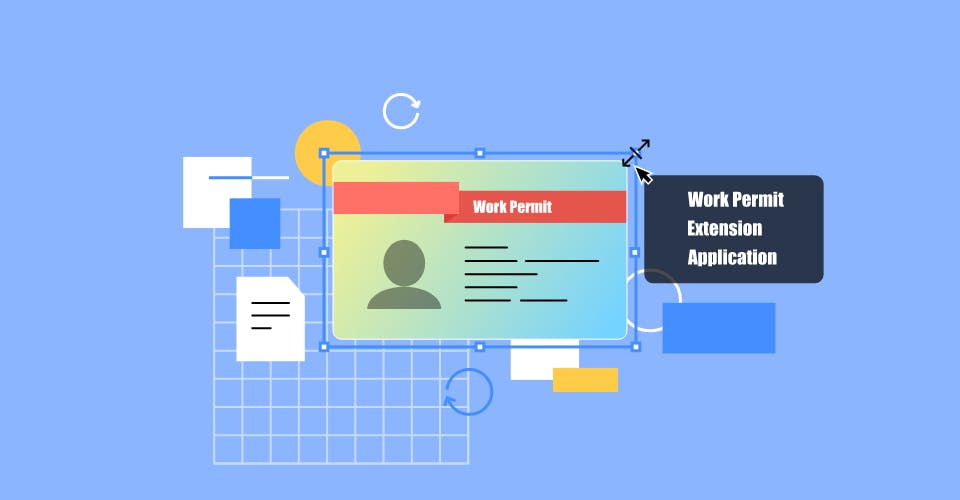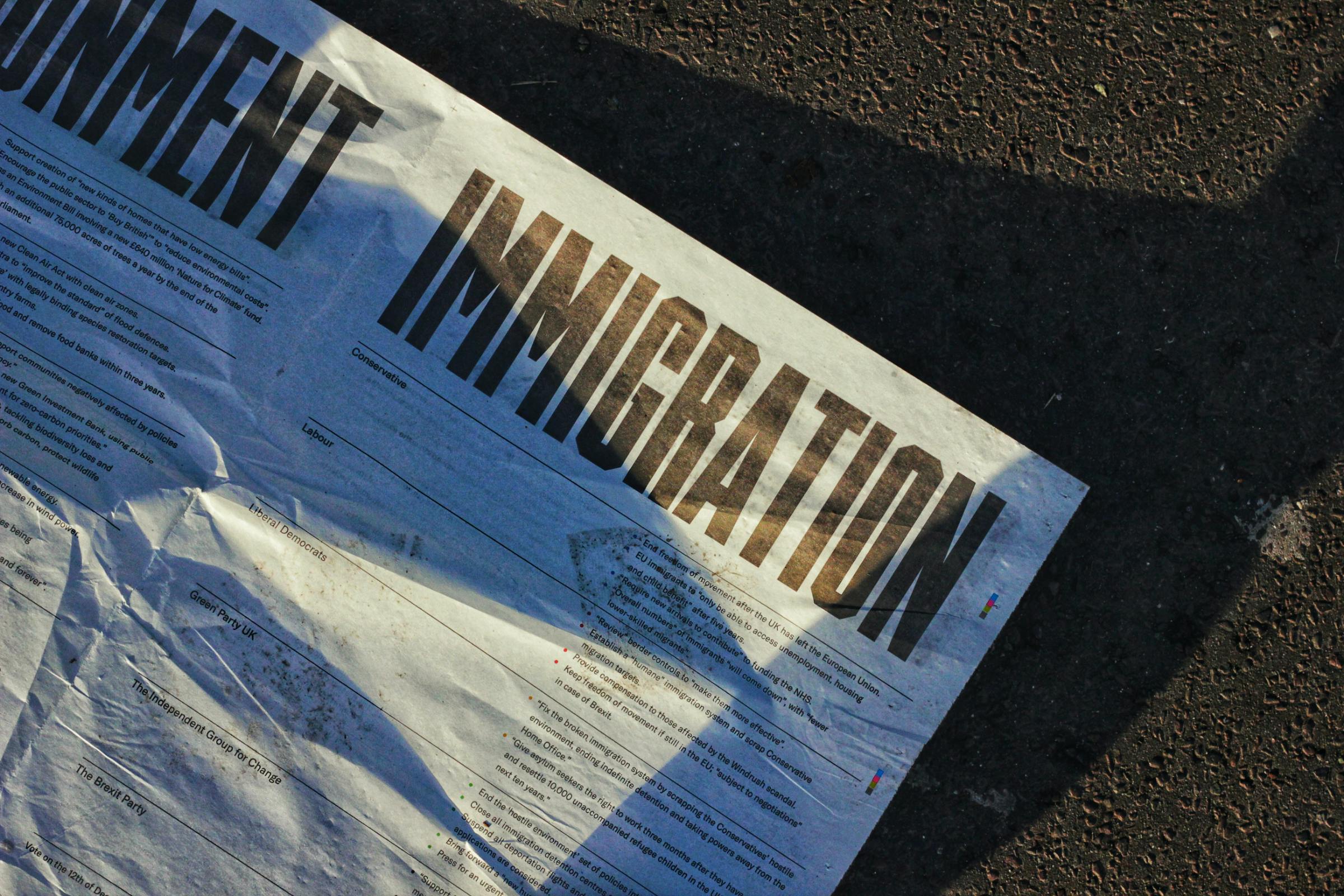The USCIS has gone a step further this week with the announcement of new automatic work permit extensions for a variety of immigrants and non-immigrants residing in the United States. In April, the USCIS announced that they would be granting an automatic extension for certain work permit holders in the U.S. that gave individuals an extra 180 days on their current permits. The move was meant to prevent gaps in employment and unlawful status in the United States.
In general, the USCIS has struggled to renew EAD holders working status in the U.S. before their current work permit expires. This has become a problematic issue, even before Covid-19, but has been exacerbated throughout the pandemic and has led the USCIS to adopt new measures in order to support vulnerable immigrants in the United States.
The New Rule
The new rule for an additional extension on ones work permit will provide up to 360 days (almost 1 year) of relief for eligible work permit holders in the United States. This means that there will be a total of up to 540 days (given the original 180 day policy) of time that is automatically extended to ones work permit they currently hold. As mentioned, this policy pertains to the same eligible candidates and classes of immigrants and non-immigrants that were originally included in the 180 day extension. This includes:
1. Refugees
2. Asylees
3. Individuals who are have been granted a withholding of their deportation or removal.
4. TPS—Temporary Protected Status (granted)
5. Both spouses of L-1 non-immigrants and H1-B non-immigrants with an unexpired I-94.
6. VAWA (Violence Against Women Act) self-petitioners
7. Individuals with a pending asylum application.
8. Individuals with a pending TPS application and are determined prima facie eligible for a work permit.
Non-citizens who still have a pending EAD renewal application will be covered under the new temporary final rule. The increase in the number of days available for those seeking an EAD renewal will begin on May 4th, 2023.
For the full notice, please see the following link:
If you are unsure of whether your I-94 is still valid or has expired, you should note that the electronic I-94 has three dates printed on the form. The first date in the top right-hand corner is the Office of Management and Budget (OMB) form expiration date. The OMB validity date changes occasionally, and an expired OMB date does mean that your I-94 is expired. The most recent date of entry indicates the date a traveler entered the U.S i.e. when they arrived at a U.S. airport. The Admit Until Date is the date that the traveler’s immigration status expires in the U.S.[1] You should always refer to this date when determining if your I-94 is expired or not.














